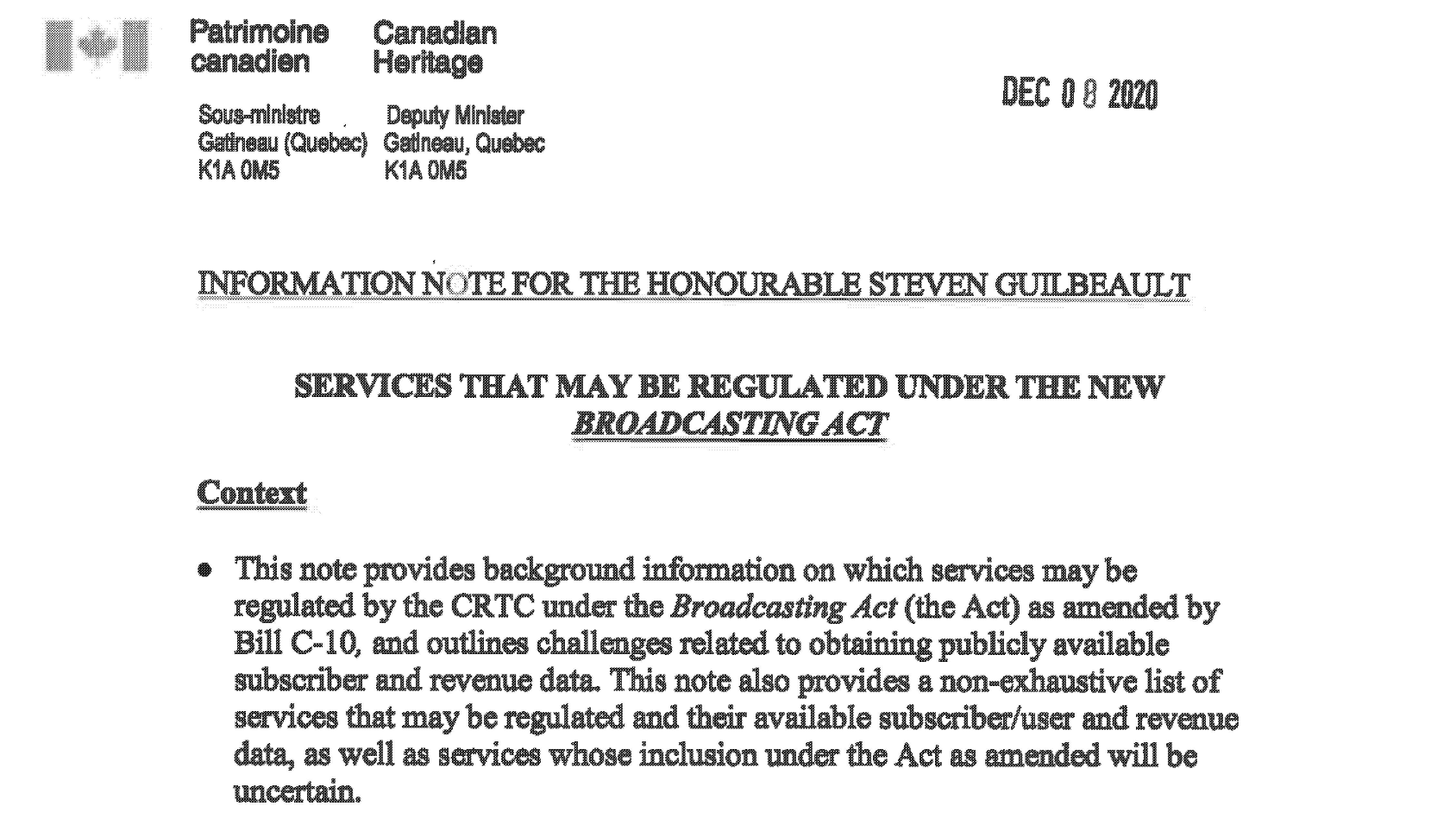Throughout the debate over ACTA transparency, many countries have taken public positions that they support release of the actual text, but that other countries do not. Since full transparency requires consensus of all the ACTA partners, the text simply can't be released until everyone is in agreement. Of course, those same countries hasten to add that they can't name who opposes ACTA transparency, since that too is secret.
No longer. In an important new leak from the Netherlands (Dutch, Google English translation, better English translation), a Dutch memorandum reporting back on the Mexico ACTA negotiation round names names, pointing specifically to which countries support releasing the text and which do not (note that the memo does not canvass everyone – Canada, Australia, and New Zealand are known to support transparency but are not named in the memo). According to the Dutch memo, the UK has played a lead role in making the case for full disclosure of the documents and is of the view that there is consensus for release of the text (there is support from many countries including the Netherlands, Sweden, Finland, Ireland, Hungary, Poland, Estonia, and Austria). However, the memo indicates that several countries are not fully supportive including Belgium, Portugal, Germany, and Denmark. Of these four countries, the Dutch believe that Denmark is the most inflexible on the issue.
Outside of the Europe, the memo identifies three problem countries. While Japan is apparently supportive, both South Korea and Singapore oppose ACTA transparency. Moreover, the U.S. has remained silent on the issue, as it remains unconvinced of the need for full disclosure. In doing so, it would appear that the U.S. is perhaps the biggest problem since a clear position of support might be enough to persuade the remaining outliers.







